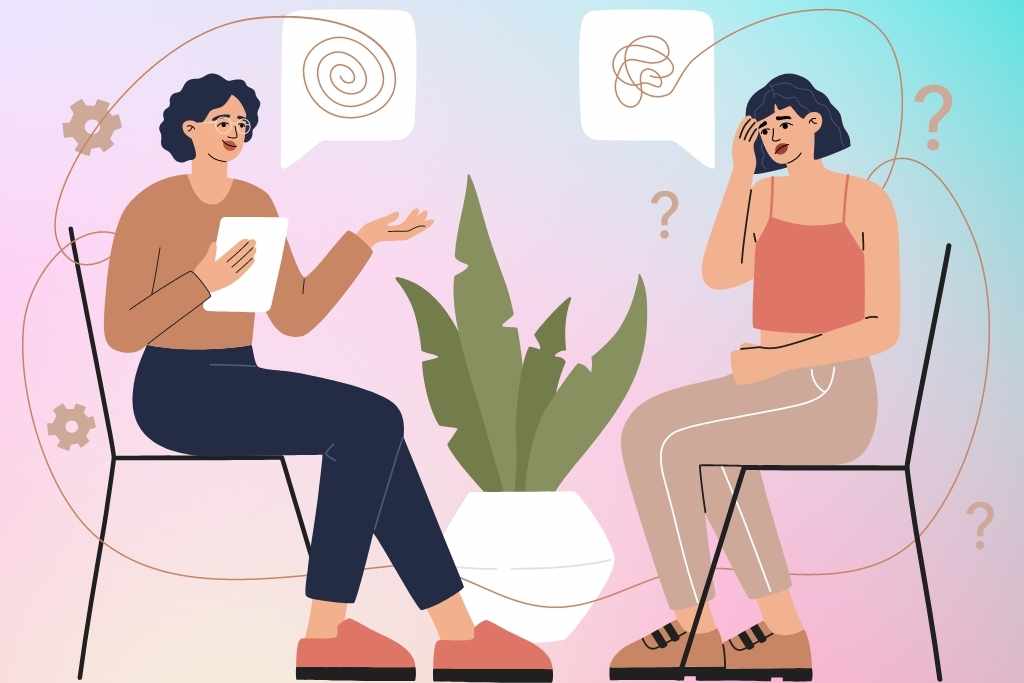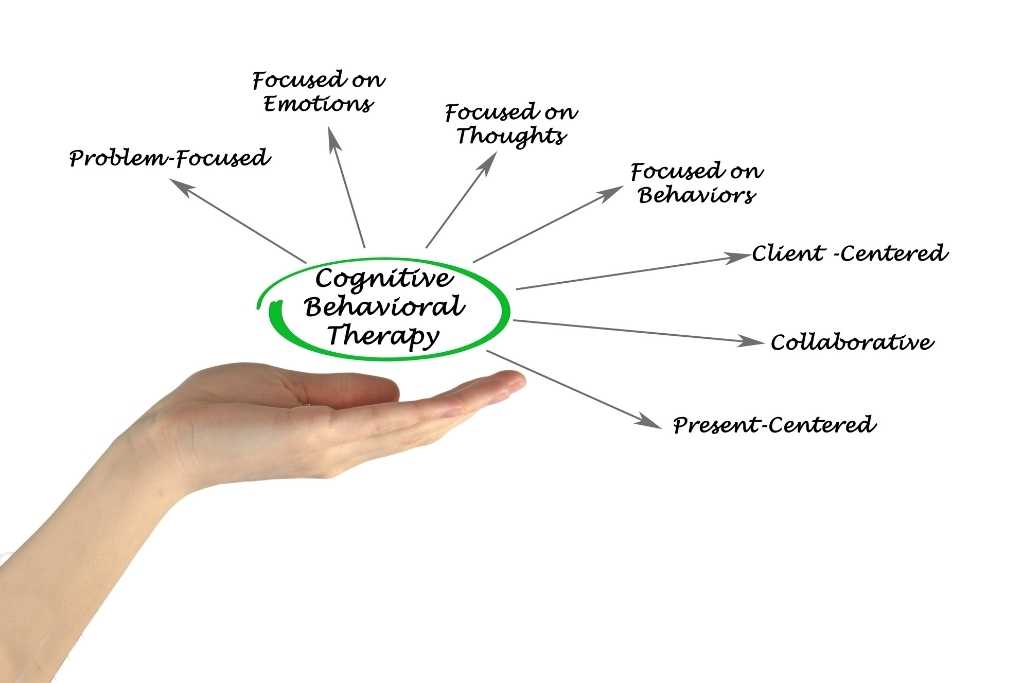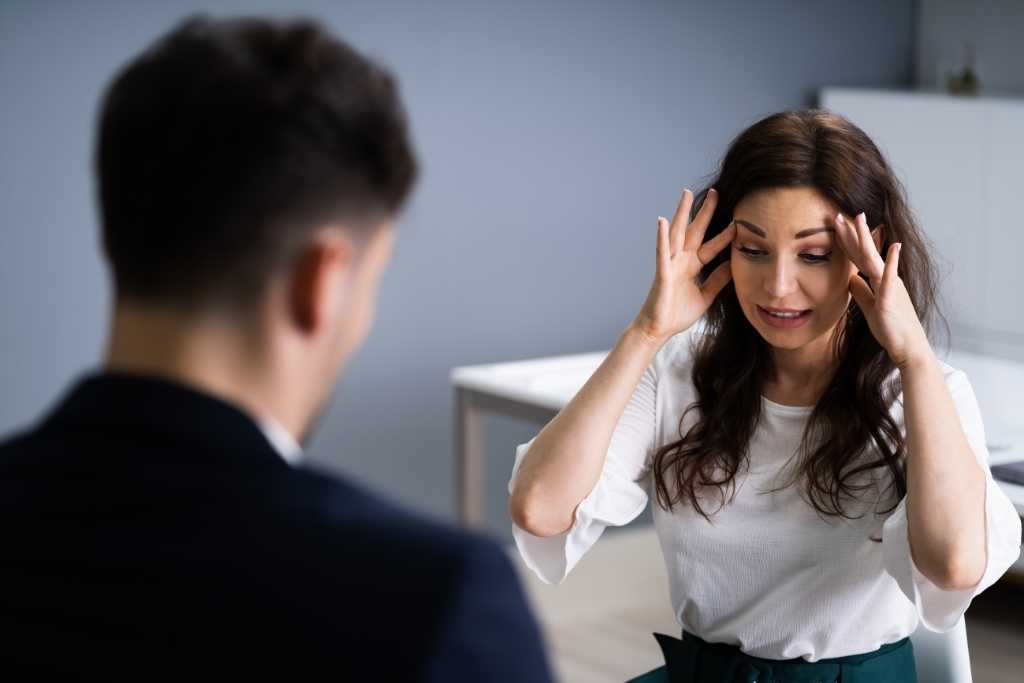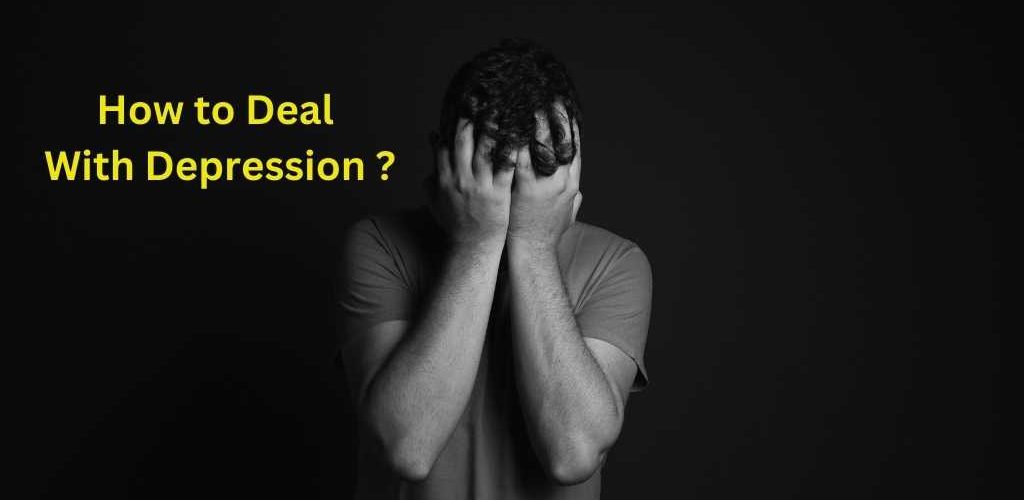How to Deal With Depression: A Comprehensive Guide is written by a trained psychiatrist. It contains useful information about depression and the symptoms it causes, including ways to deal with depression without taking medication. The depth and breadth of the material and information in this book make it a good choice for anyone suffering from depression. Although this book isn’t something you can finish in a weekend, you can read it slowly and methodically. Doing so will help you make long-term changes to your mental health.

Self-help books
Self-help books for dealing with depression are not a cure-all for the condition, but they can help. A good book can help a person recognize their own depressive thoughts and behaviors, as well as how to deal with the condition. Many of these books are written by professional mental health professionals. But, if you’re depressed, it’s important to seek professional help.

These books provide additional information on depression, and some of them even provide therapy techniques. They’re meant to be supplementary to psychotherapy and other professional help, not a replacement. However, they can speed up the positive effects of talk therapy. They also provide additional topics for discussion and processing in the therapy room.
Cognitive behavioral therapy
Cognitive behavioral therapy (CBT) has proven to be an effective treatment for depression. It focuses on changing the way you think, feel, and act. The therapist may use cognitive restructuring, mindfulness meditation, and thought journaling techniques to help you recognize the connection between your thoughts and feelings. These techniques can also be helpful in identifying unhealthy thought patterns and cognitive distortions that can lead to depressive feelings. Through these methods, you can change these unhealthy thought patterns and create new ones.

Although finding a therapist for cognitive behavioral therapy can be challenging, you should try to get recommendations from people you trust. You can also search online or call local psychological associations to find a therapist in your area. When seeking a therapist, be sure to check that they are certified by your state. Also, make sure that they specialize in treating your specific condition. Some therapists list their specialties on their websites.
Exercise
Exercise is a powerful therapeutic tool for treating depression. The American College of Sports Medicine recommends at least 30 minutes of moderate exercise each day for depressed patients. Studies have shown that exercise can prevent or alleviate depression in all age groups. Exercise helps the brain build new nerve cells and improves connections between nerve cells.

Exercise helps improve your self-esteem and self-efficacy. It also enhances social relationships. Even a short walk can help you feel better about yourself. Walking is a great aerobic exercise that is suitable for most people. When beginning an exercise program, be sure to start slowly and gradually increase the time and distance. Don’t push yourself too hard, because this can make your depression worse.
Gratitude
Gratitude exercises can have many benefits, but they are not a cure for depression. Rather, they can help improve relationships and get people exercising. In fact, researchers are studying the benefits of gratitude exercises. In a review of 27 studies, one of the authors found that gratitude exercises can help improve moods. And while this approach is not a cure for depression, it can help deal with anxiety and improve relationships.

People with depression often focus on the negative aspects of their lives and are often unmotivated and sad. By learning gratitude, they can learn to focus on the good things in their lives, rather than the bad. Practicing gratitude regularly can help keep your mind focused in the present moment, so it can counteract the negative thoughts that can lead to depression.
Psychiatric treatment
When a patient experiences signs of depression, they may consult their primary care physician or mental health care professional to get an accurate diagnosis. A medical provider will likely ask about any health conditions the patient may be suffering from, including thyroid or autoimmune issues. A mental health care professional will examine the patient’s medical history as well as psychiatric history before offering an official diagnosis. Depression often stems from a biochemical imbalance, with a deficiency in the chemicals Dopamine and Serotonin.

Antidepressant medications are one common method used to treat depression. These medications come in several different classes, and some may work better than others. Sometimes, psychiatrists will combine two or three different antidepressants to treat the condition. These treatments are known as multi-tiered therapies.







I read this article and i will apply one of the method .Thank you
Depression is very lethal and it must be treated before it kills us.